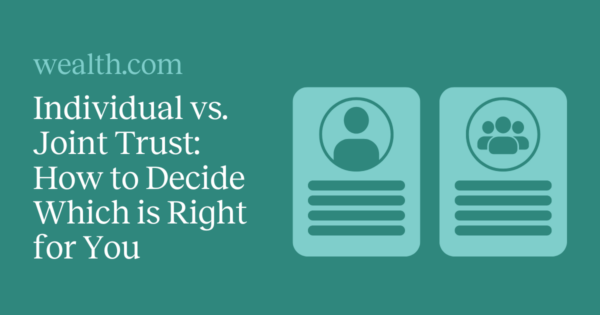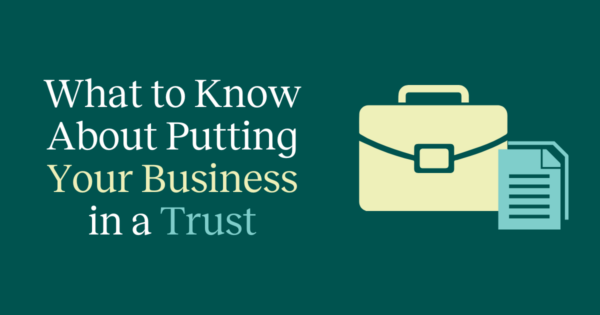Tips on dealing with your digital afterlife in your estate plan
No matter how many fans, followers, or friends we have in this life, at some point we’re all going to die. Here are some of the most common questions people have about what happens to their social media presence after they’re gone.
Q: What happens to my social media accounts when I die?
A: The short answer: Nothing. Not automatically, anyway. Unless you take steps to outline your wishes—or adjust some simple settings on Facebook—your accounts will remain visible and “active.”
Q: How will my loved ones get access to my social media accounts?
A: As with your financial accounts, you’ll want a secure way to provide usernames, passwords, and any multi-factor authentication information to the person you designate. Remember, your Will is not the best place to reveal this information because it can become part of the public record.
There are many options for securely storing your social media access information, but we hope you’ll consider using our bank-level encrypted Vault where you can feel confident filing any important documents you want secure cloud-access to.
Q: How do I designate someone to manage my accounts?
A: Each social media platform has its own policy concerning the accounts of people who have died. They are all likely to evolve over time as this issue becomes more and more relevant. In less than 50 years, Facebook will have more dead members than living ones, so it’s not a problem that can be ignored.
In Facebook’s General Account Settings, under Memorialization settings, you can request to have your Facebook profile permanently deleted after you die or identify a Legacy Contact to look after your account. That person can accept new friend requests, manage tribute posts, delete posts, change the profile picture, and remove you from tags, but they cannot see your messages or add or remove friends.
Instagram, Twitter, and LinkedIn accounts don’t yet have the same “legacy” option. However, those accounts can be deleted by a direct family member or person you’ve designated as your power of attorney by providing proof of your death.
Q: How do I decide if I want someone to delete or deactivate my social media accounts?
A: Figuring out the future of your Facebook page may seem like a slightly silly discussion topic amid all the other important end-of-life decisions you need to talk about with your family. But as with many things concerning your estate, they are the ones who have to live with the decision. Talk with them to see how they feel. A couple things to think about: Some family members might think of your social posts and photos as akin to a diary and would never consider deleting something so priceless. On the flip side, those helpful birthday reminders and “you have memories” notifications that social sites send could be painful, especially while your loved ones are still grieving. Keeping a social media page but having the legacy contact turn off notifications can be a good compromise.



